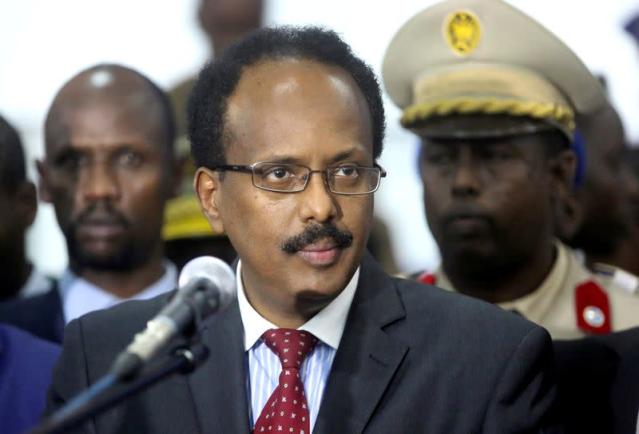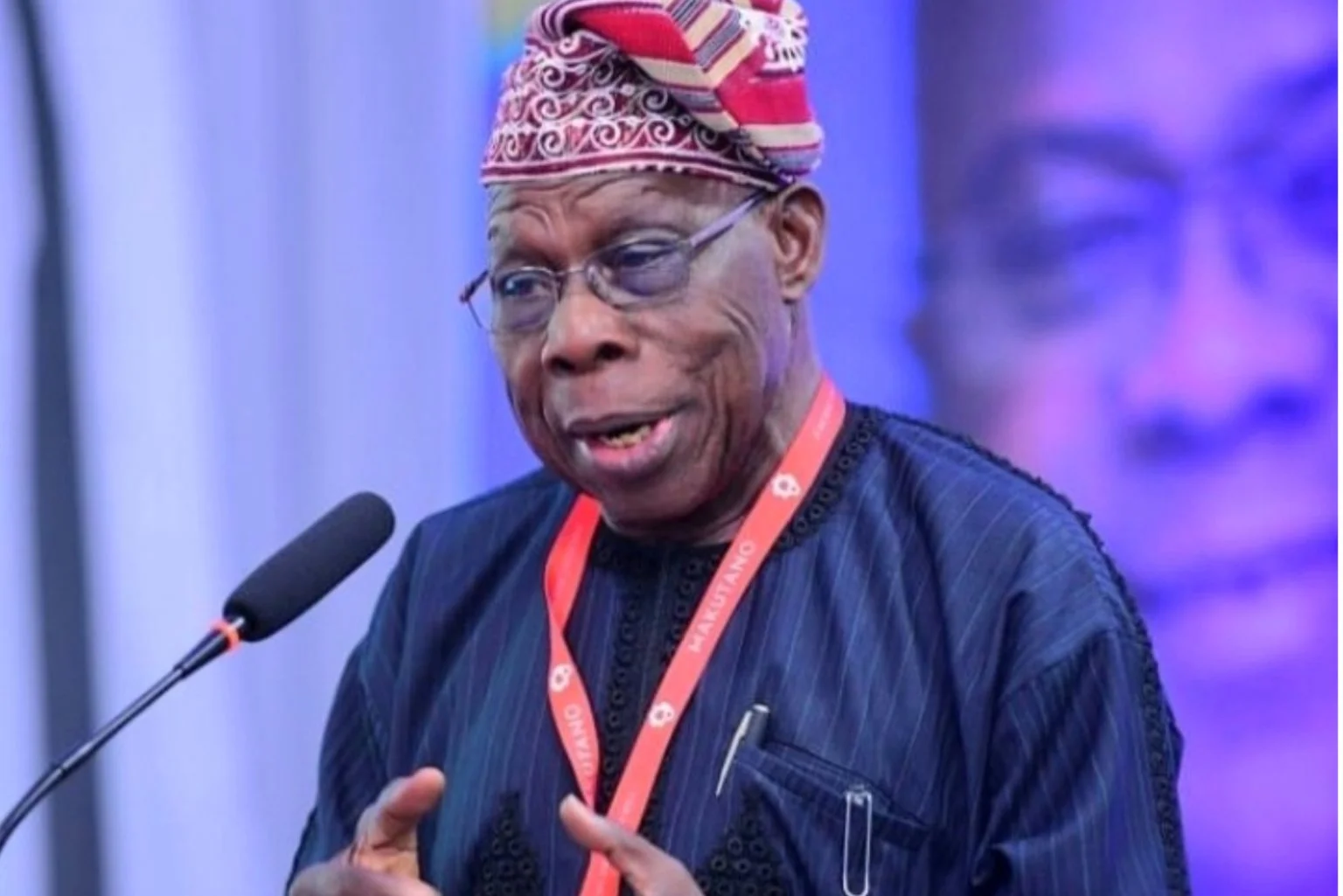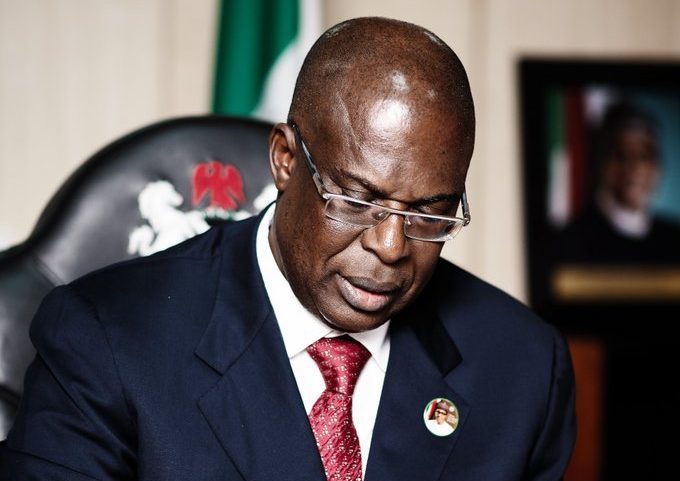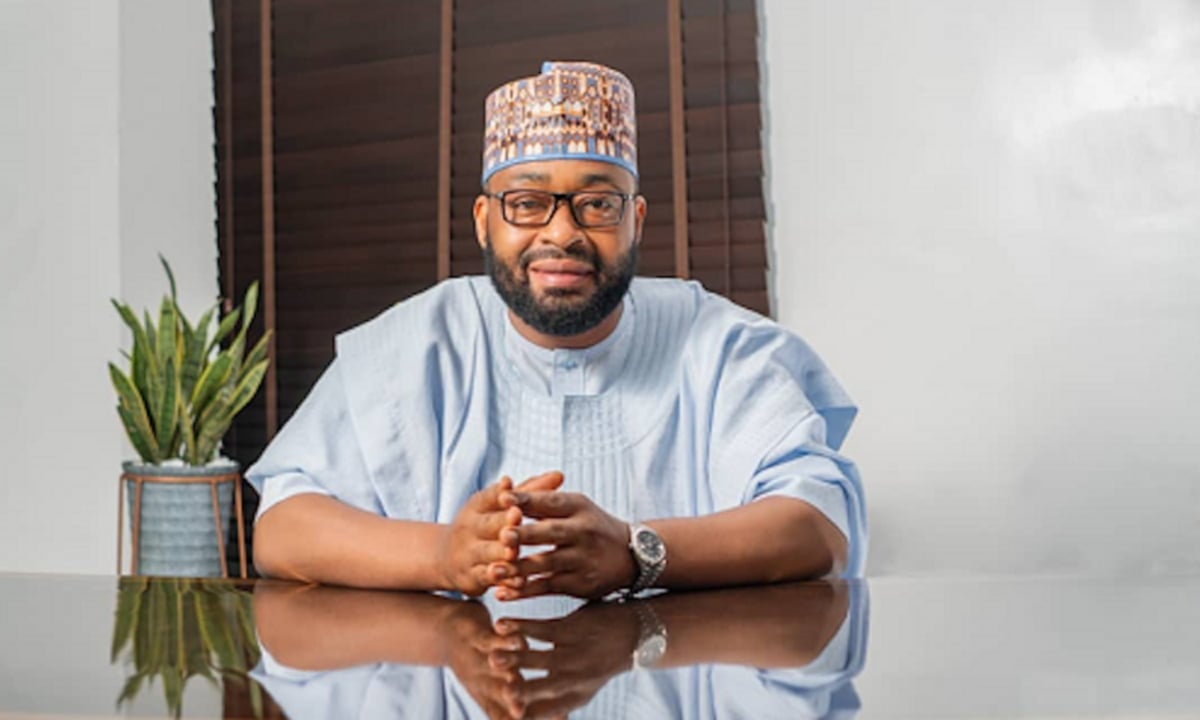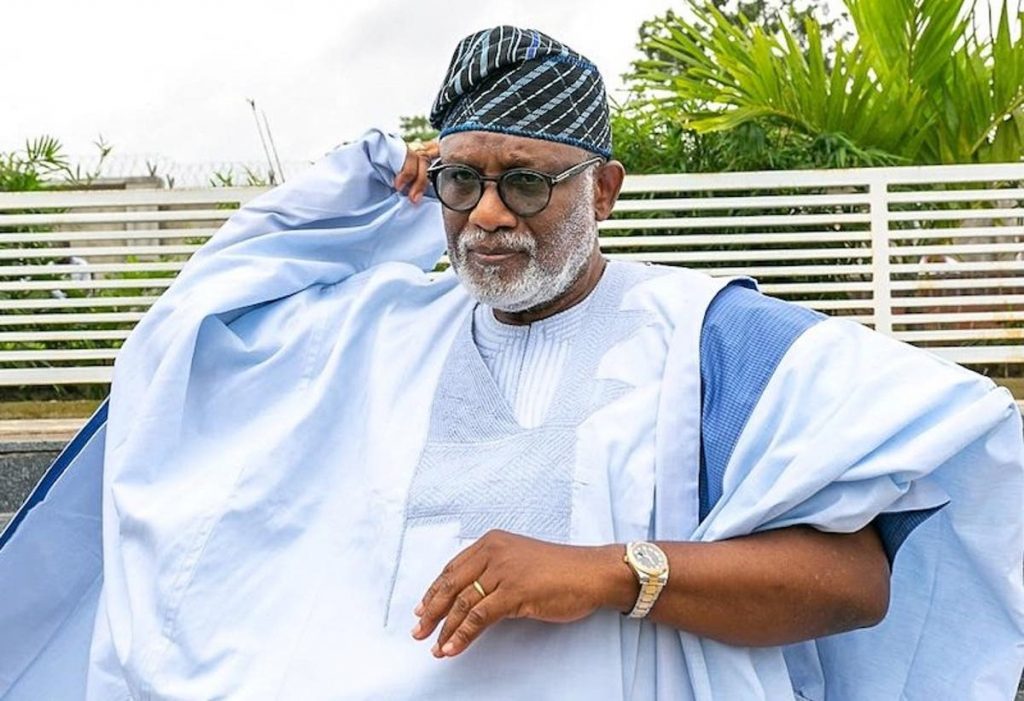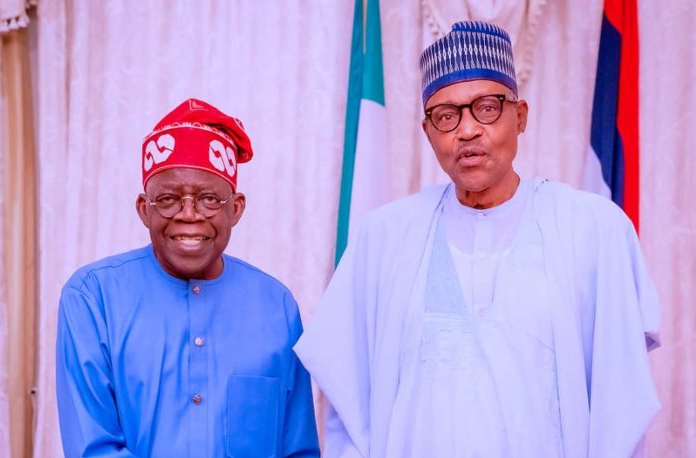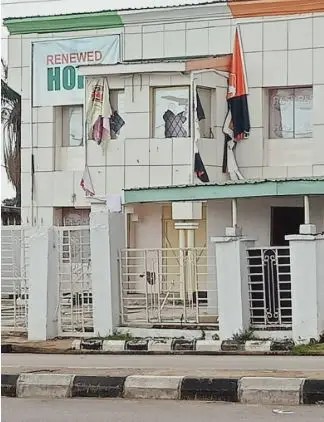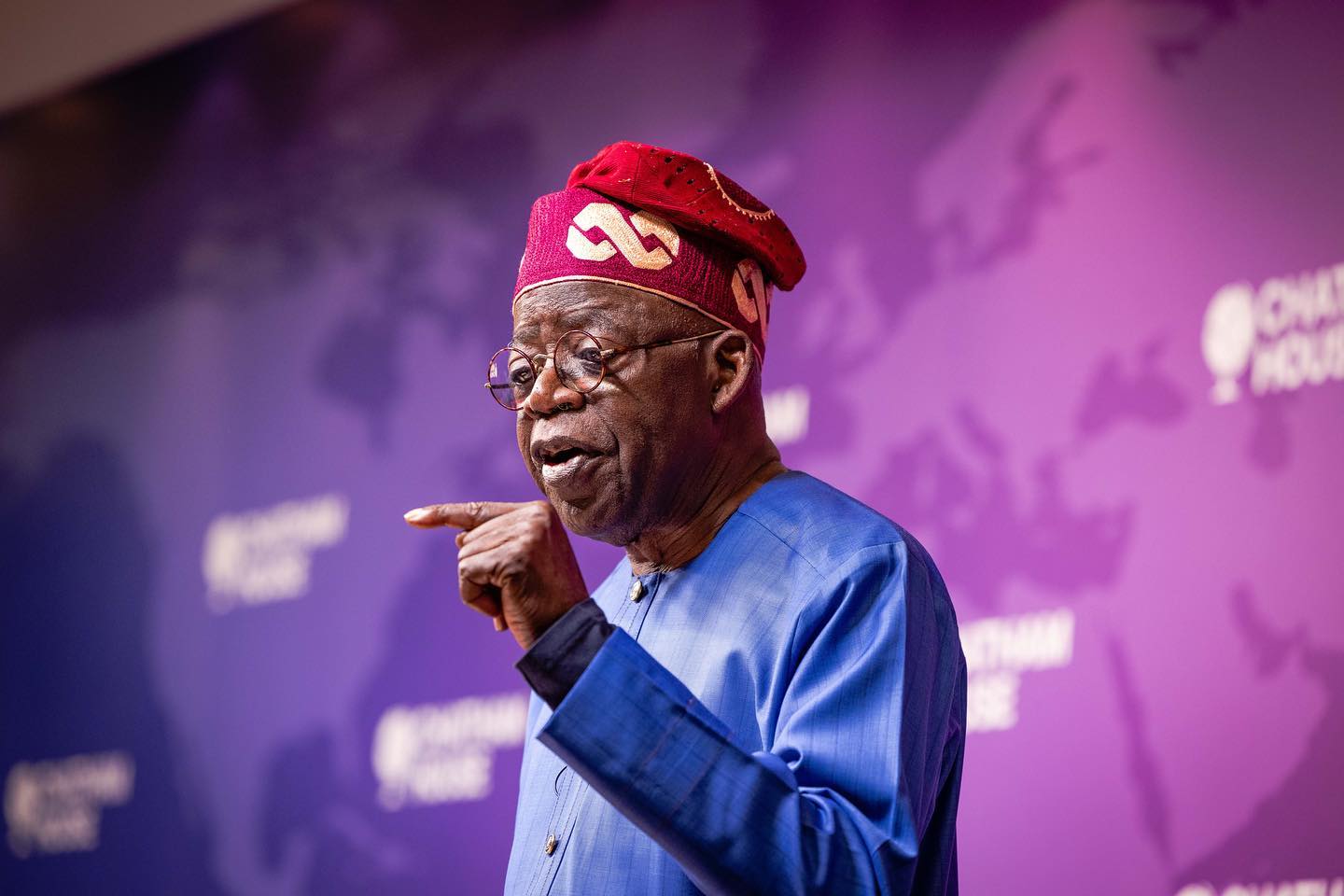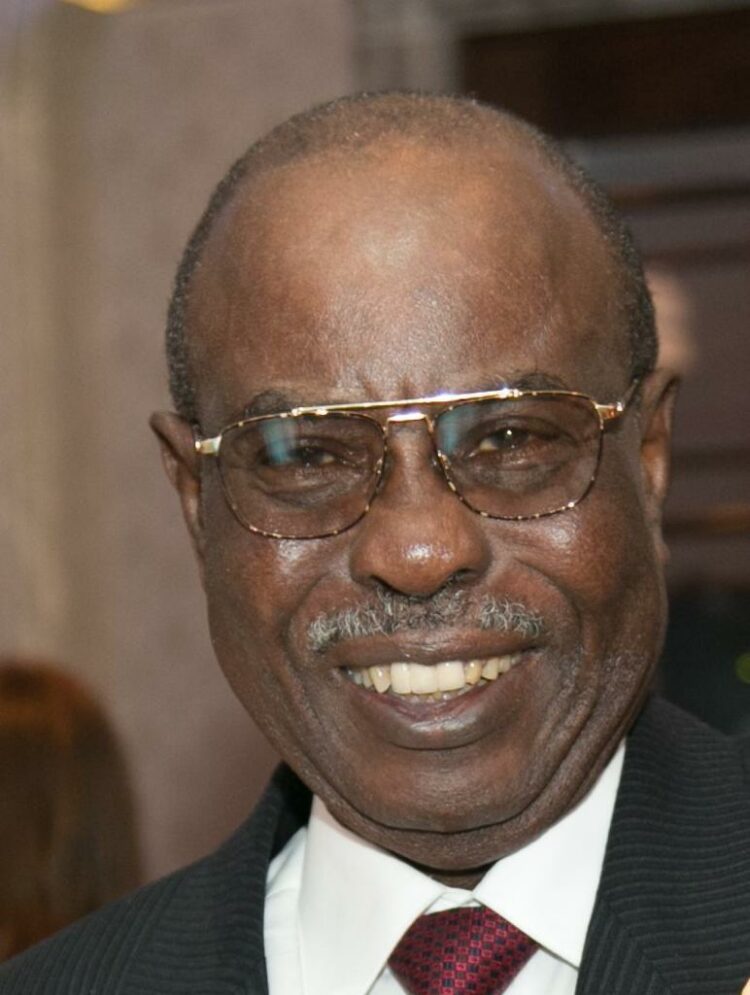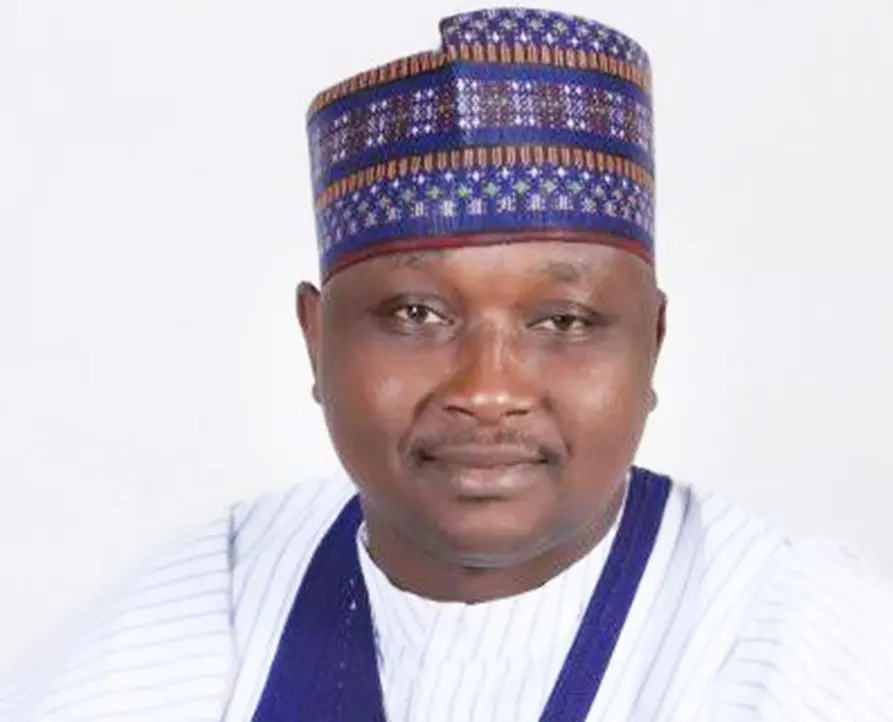Somalia’s President Mohamed Abdullahi Mohamed has signed a controversial law extending his stay in office for another two years, ignoring threats of sanctions from the international community.
According to State broadcaster, Radio Mogadishu revealed that the president, who prefers to be addressed by his nickname Farmajo, had ‘signed into law the special resolution guiding the elections of the country after it was unanimously passed by parliament’.
Africa Daily News had on Monday reported that Somalia’s lower house of parliament had on Monday voted to extend the president’s mandate — which expired in February — after months of deadlock over the holding of elections in the fragile nation.
Read Also: Somalia Names New PM, Announces Plan For National Elections
However the speaker of the Senate slammed the move as unconstitutional, and the resolution was not put before the upper house, which would normally be required, before being signed into law.
Speaker Abdi Hashi Abdullahi said it would “lead the country into political instability, risks of insecurity and other unpredictable situations”.
Farmajo and the leaders of Somalia’s five semi-autonomous federal states had reached an agreement in September that paved the way for indirect parliamentary and presidential elections in late 2020 and early 2021.
But it fell apart as squabbles erupted over how to conduct the vote, and multiple rounds of talks have failed to break the impasse.
The new law cleared the path for a one-person, one-vote election in 2023 — the first such direct poll since 1969 — which Somalis have been promised for years and no government has managed to deliver.
A presidential election was due to have been held in February. It was to follow a complex indirect system used in the past in which special delegates chosen by Somalia’s myriad clan elders pick lawmakers, who in turn choose the president.
The international community has repeatedly called for elections to go ahead.
AFRICA DAILY NEWS, NEW YORK

